Out of all the places where punk rock found its roots in the United States, Washington, D.C. is one that stands out. Plenty of music genres were bolstered by the passionate musicians and fans in the area. But punk music is one genre that is still closely associated with D.C. today, as well as its natural evolution into hardcore. And we have Ian MacKaye to thank for that.
Videos by American Songwriter
California was another place in the US where punk was turning into hardcore. However, Washington D.C. was the most notable area where that transformation was taking place. It makes sense why. Much of hardcore, especially its early iterations, took the punk rock formula and made it even more political and culturally diverse. What’s a more politically charged and diverse place than D.C.?
Punk could have easily disappeared from D.C., though. Bad Brains, the most notable act from the area, packed up and moved to New York in the early 1980s. A teenaged Ian MacKaye, who was playing with the band Teen Idles at the time, saw an opportunity for positive change. He wanted to keep the scene alive and started looking at what could be fixed.
The biggest problem in the early 1980s D.C. scene was that bands didn’t have much in the way of physical media to sell to fans. If punk and hardcore bands couldn’t find a way to get fans to listen to their music outside of live shows, the scene would die off.
So, MacKaye founded the record label Dishcord Records.
How Ian MacKaye Saved the D.C. Hardcore Scene from Extinction
MacKaye made it clear that any money the label made would go toward other bands on the label. It was a community-driven effort that worked. They stationed their operations in a tiny house where they produced records for local hardcore bands to sell to fans.
Guy Picciotto of Fugazi said that move was a massively important one for young hardcore artists in D.C.
“Kids releasing music demystified the process, but, because it was such a statement, the object was heightened,” said Picciotto. “It felt different to hold that record.”
Hardcore was still threatening to die off in D.C., though. MacKaye’s other band, Minor Threat, had disbanded. However, some musicians kept it alive. Now-famous rock music icons like Henry Rollins and the band Rites Of Spring saw Dischord Records as a hub of sorts for change. The political landscape of the mid-1980s was also radically changing, and more people were doing their best to purge the hardcore scene of racists and thugs left over from punk’s darker corners.
Modern-day independent labels should look to Dischord for inspiration. They were radically anti-establishment, pro-women, pro-peace, and kept hardcore from being turned into an ugly and exclusive iteration of punk rock. And even though MacKaye was at the forefront, he said himself that it was a community effort.
“I realized I’m bolstered by the trust of hundreds of people,” Ian MacKaye once said. “They entrusted Dischord with the caretaking of this music and I have a custodial responsibility. Everything is less now, in terms of sales, but music will never die.”
Photo by Martyn Goodacre/Getty Images
When you purchase through links on our site, we may earn an affiliate commission.

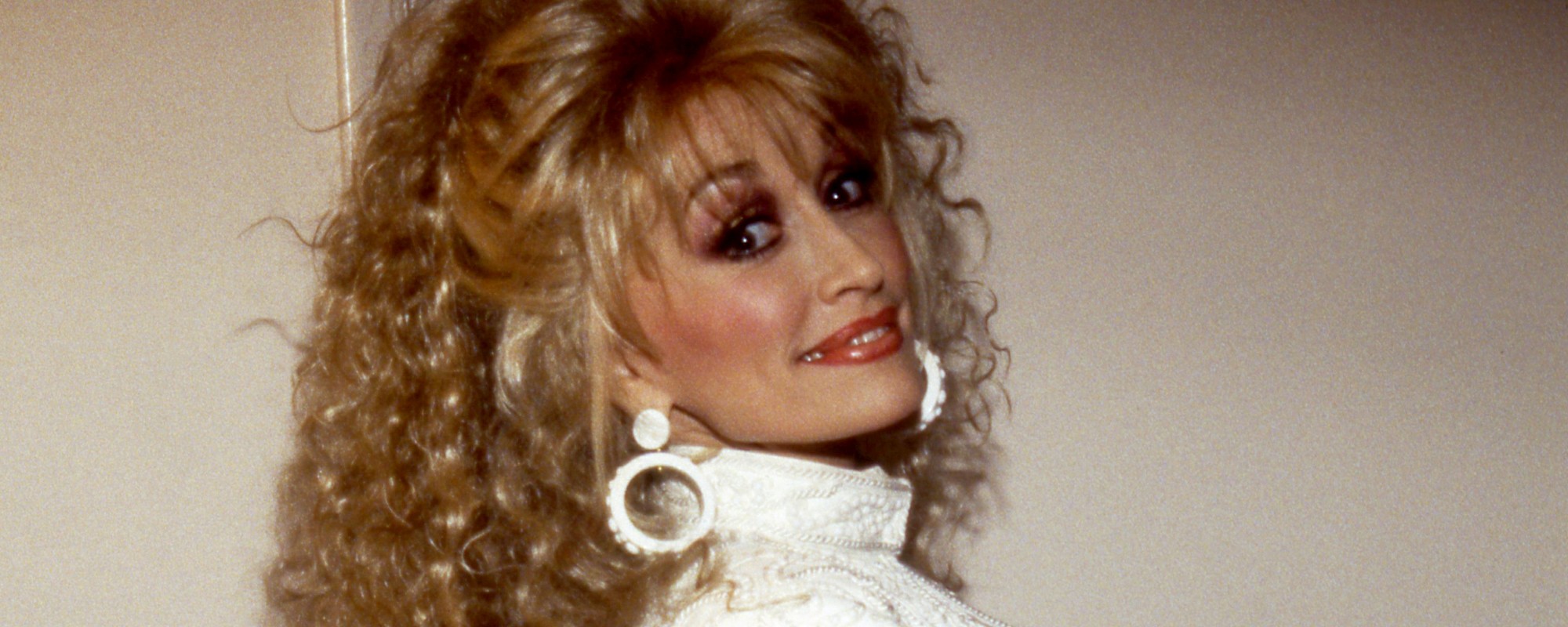
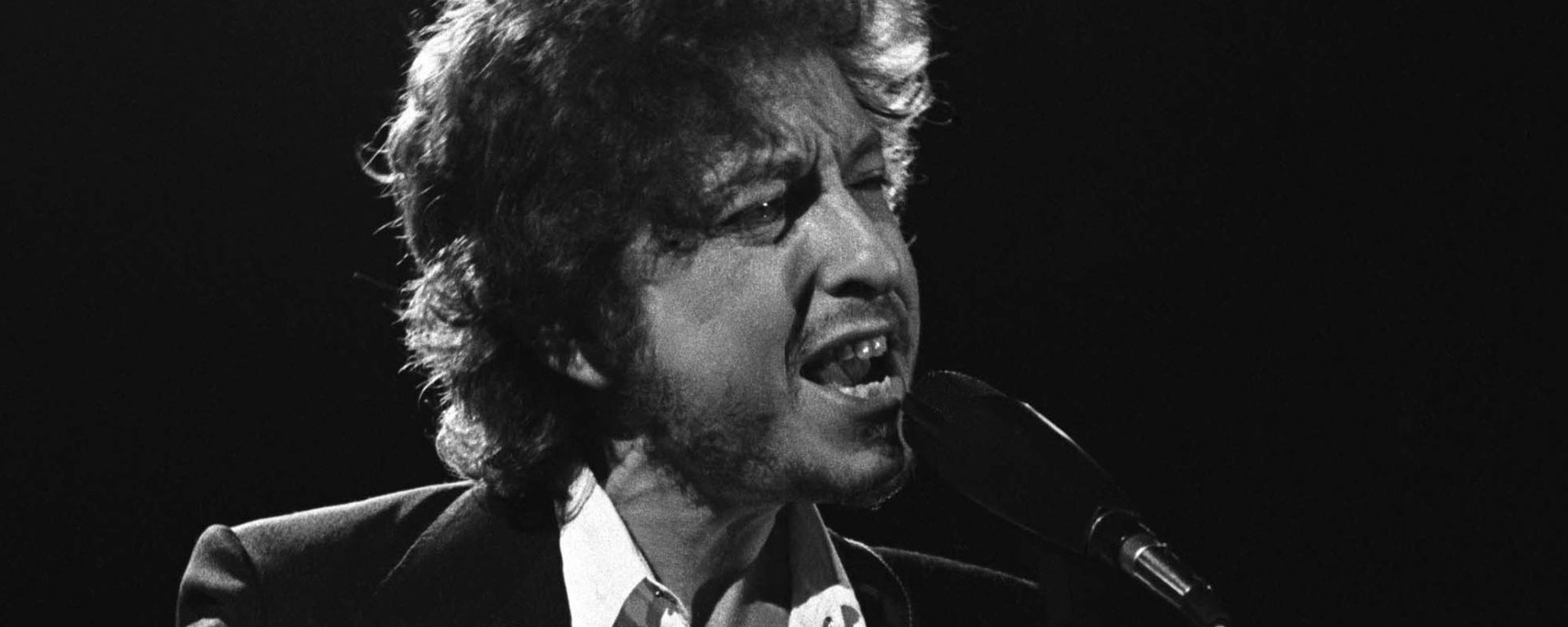
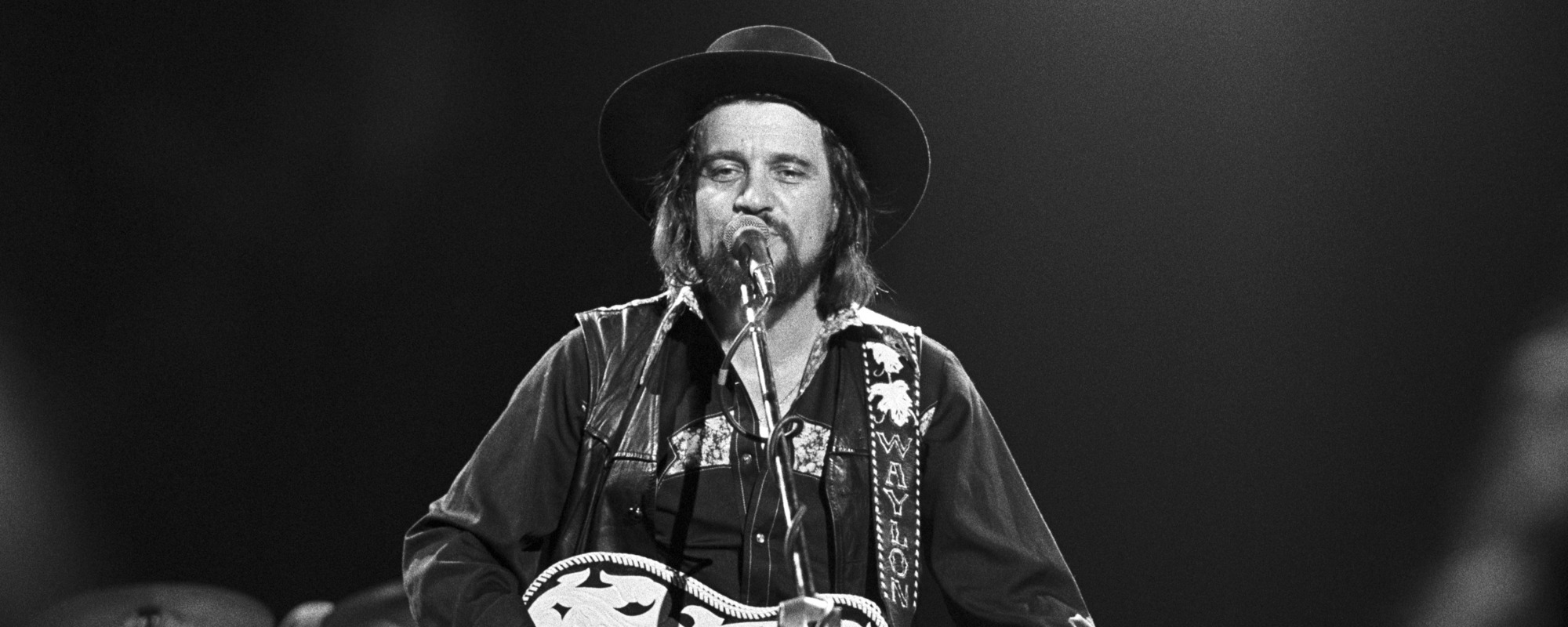
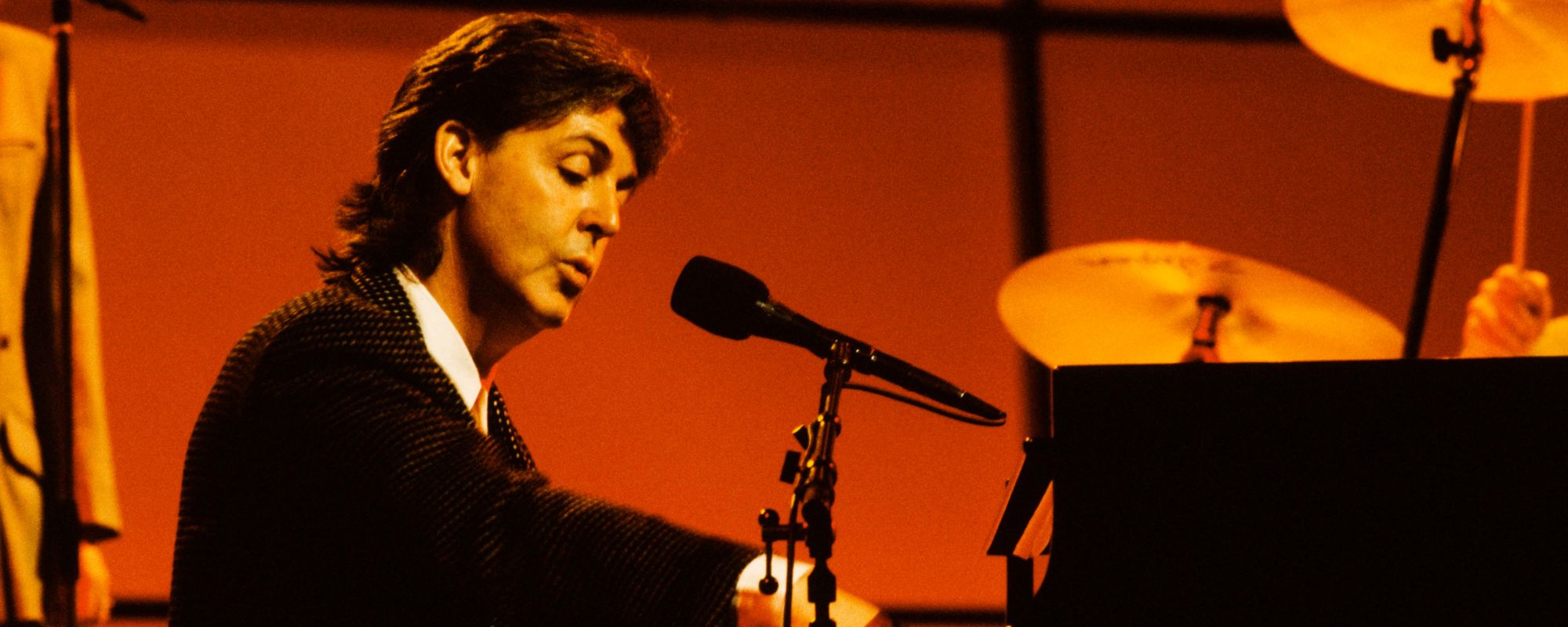
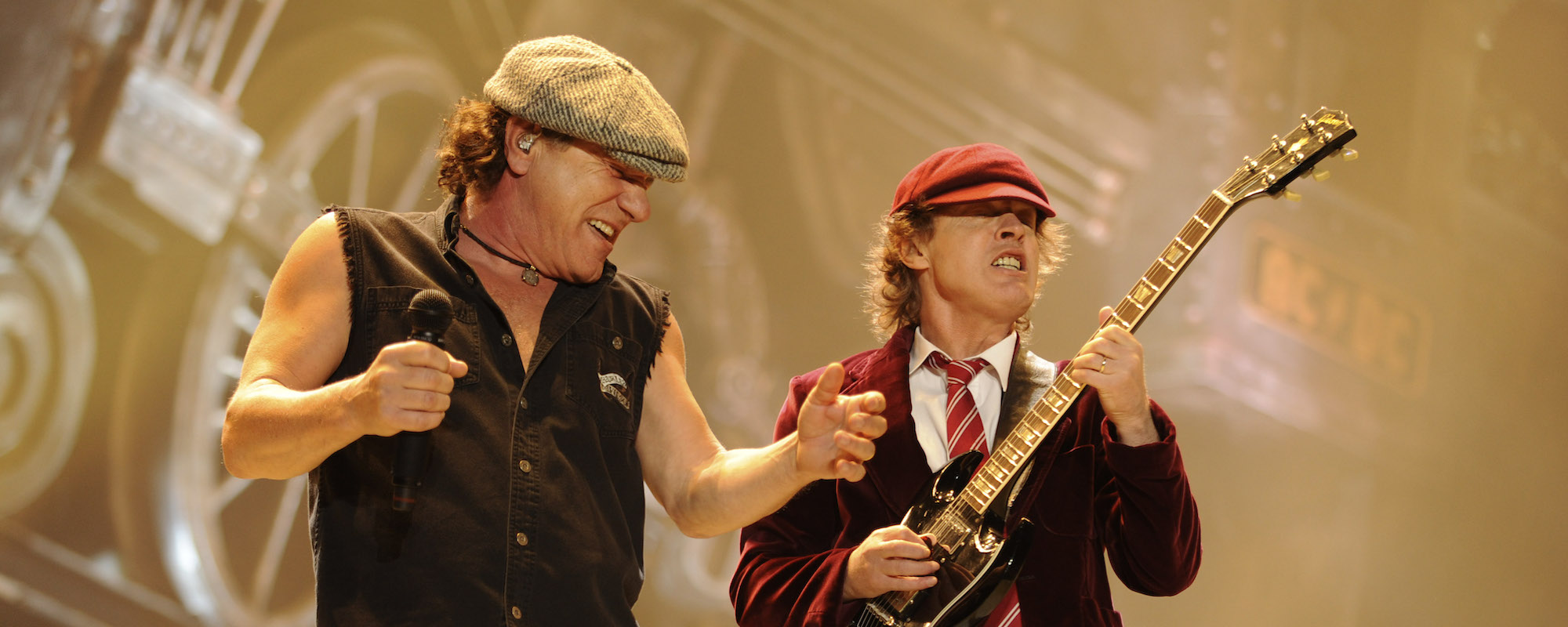

Leave a Reply
Only members can comment. Become a member. Already a member? Log in.